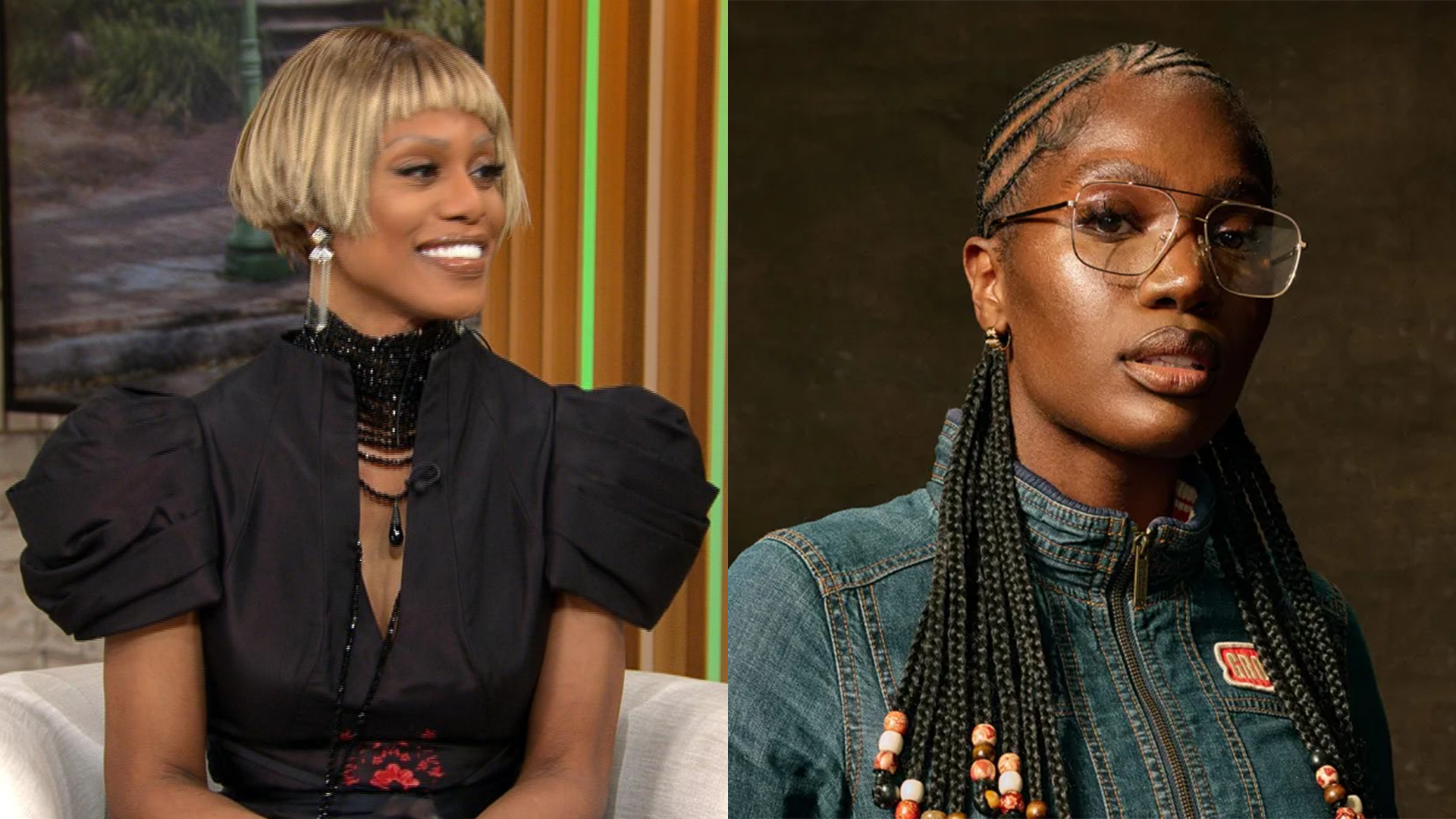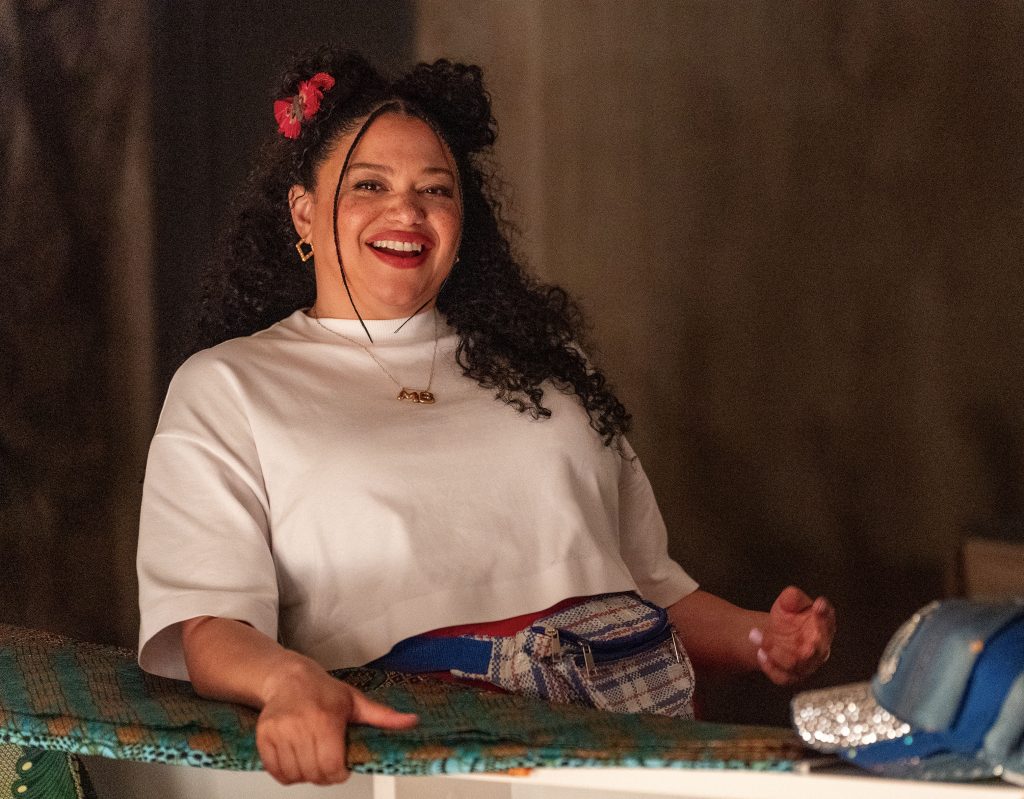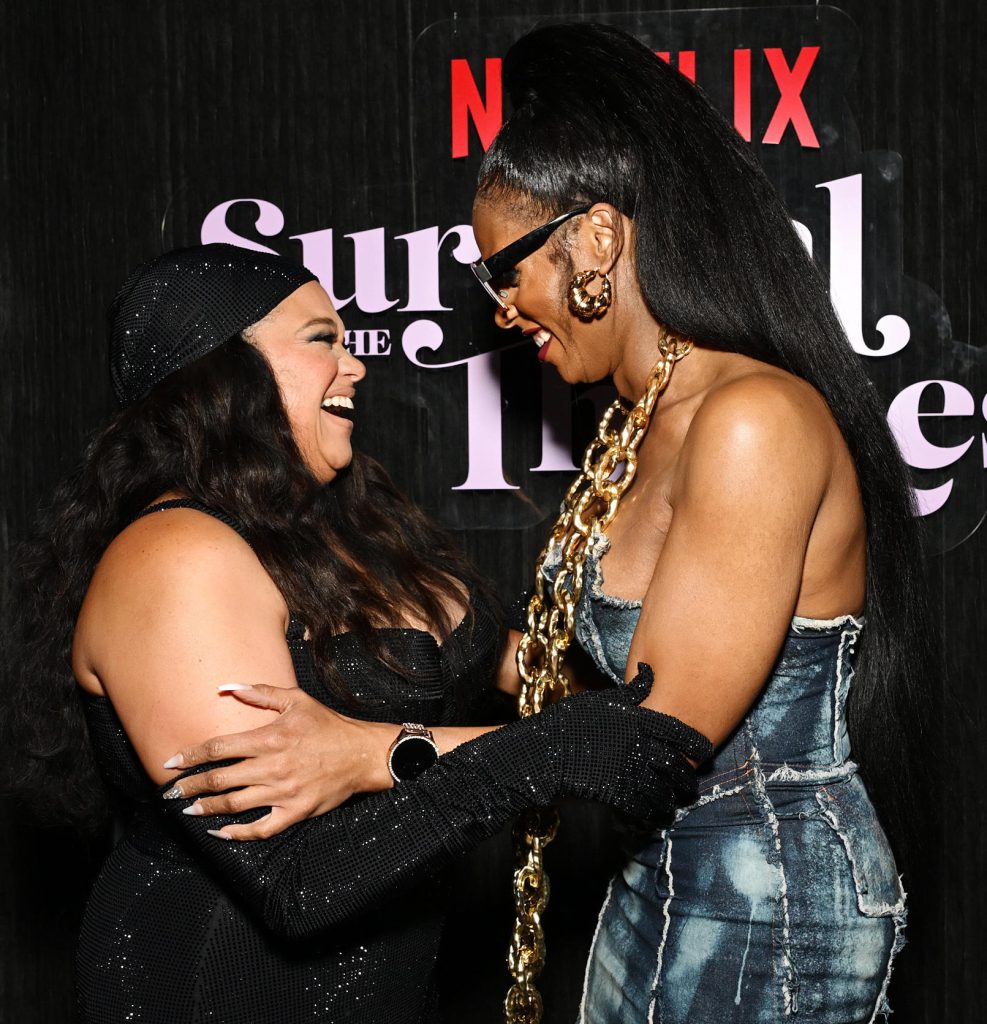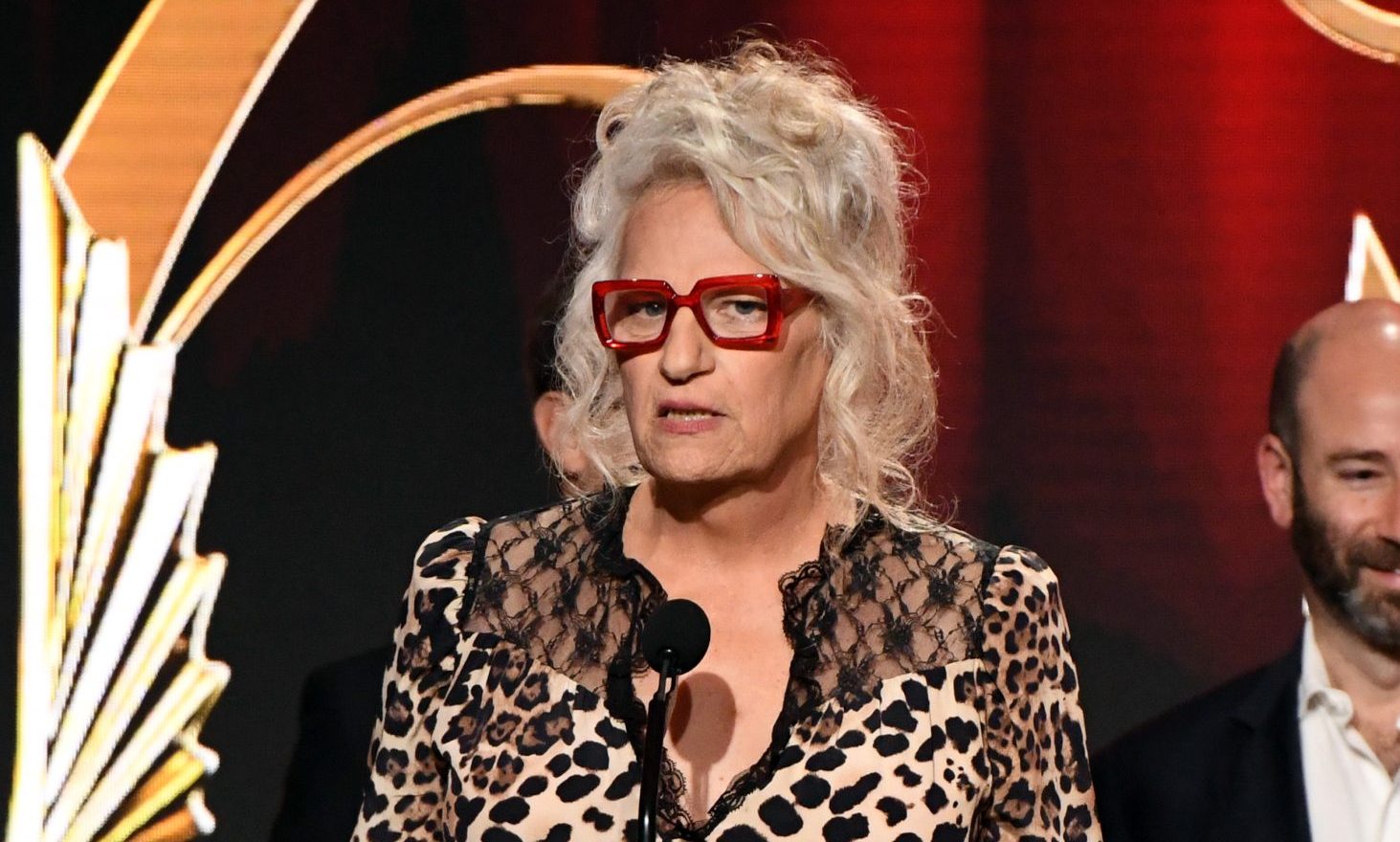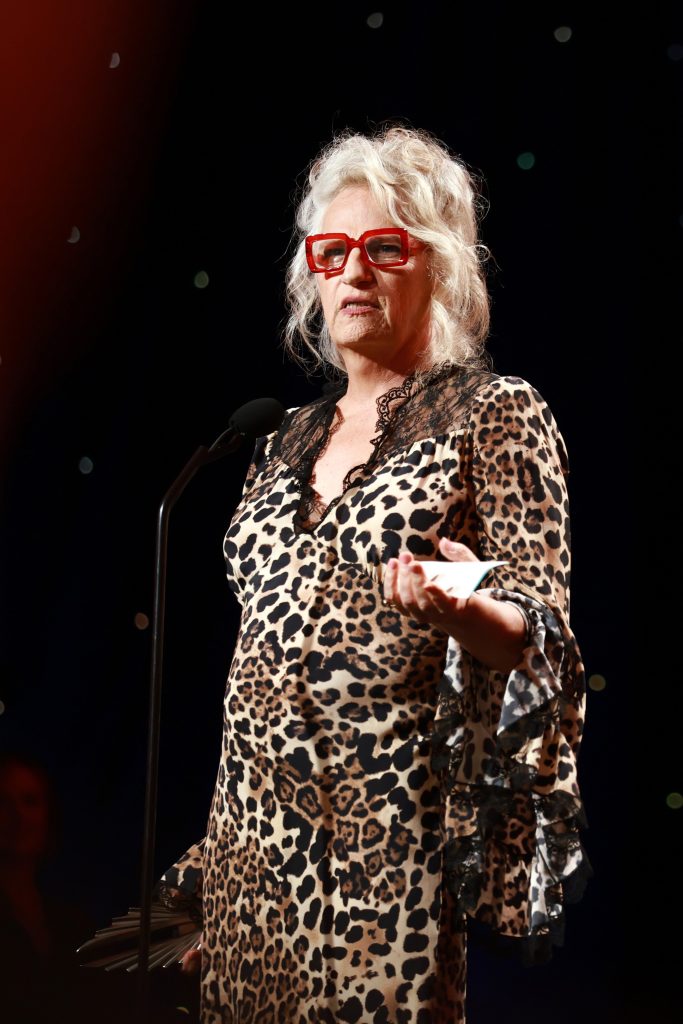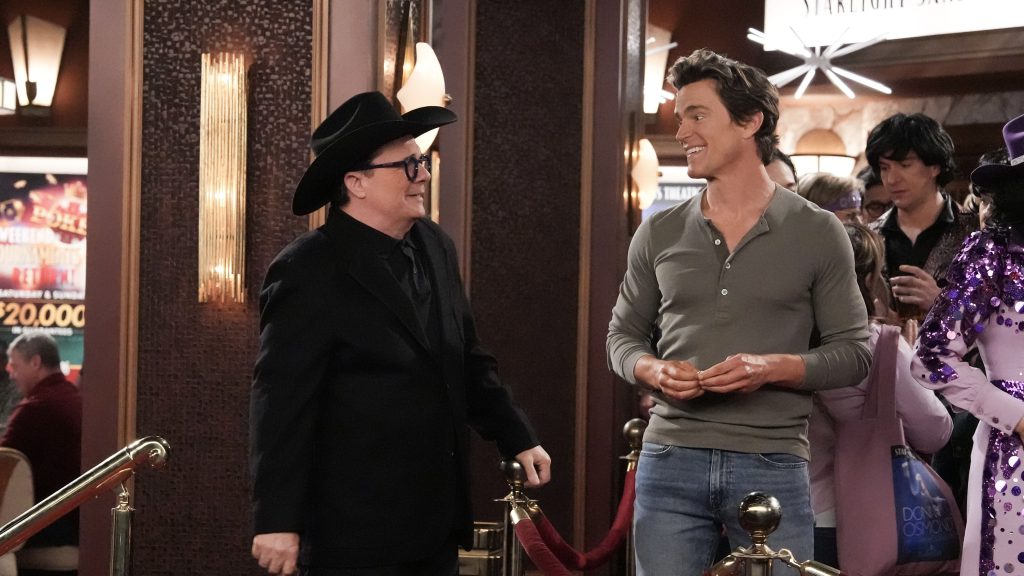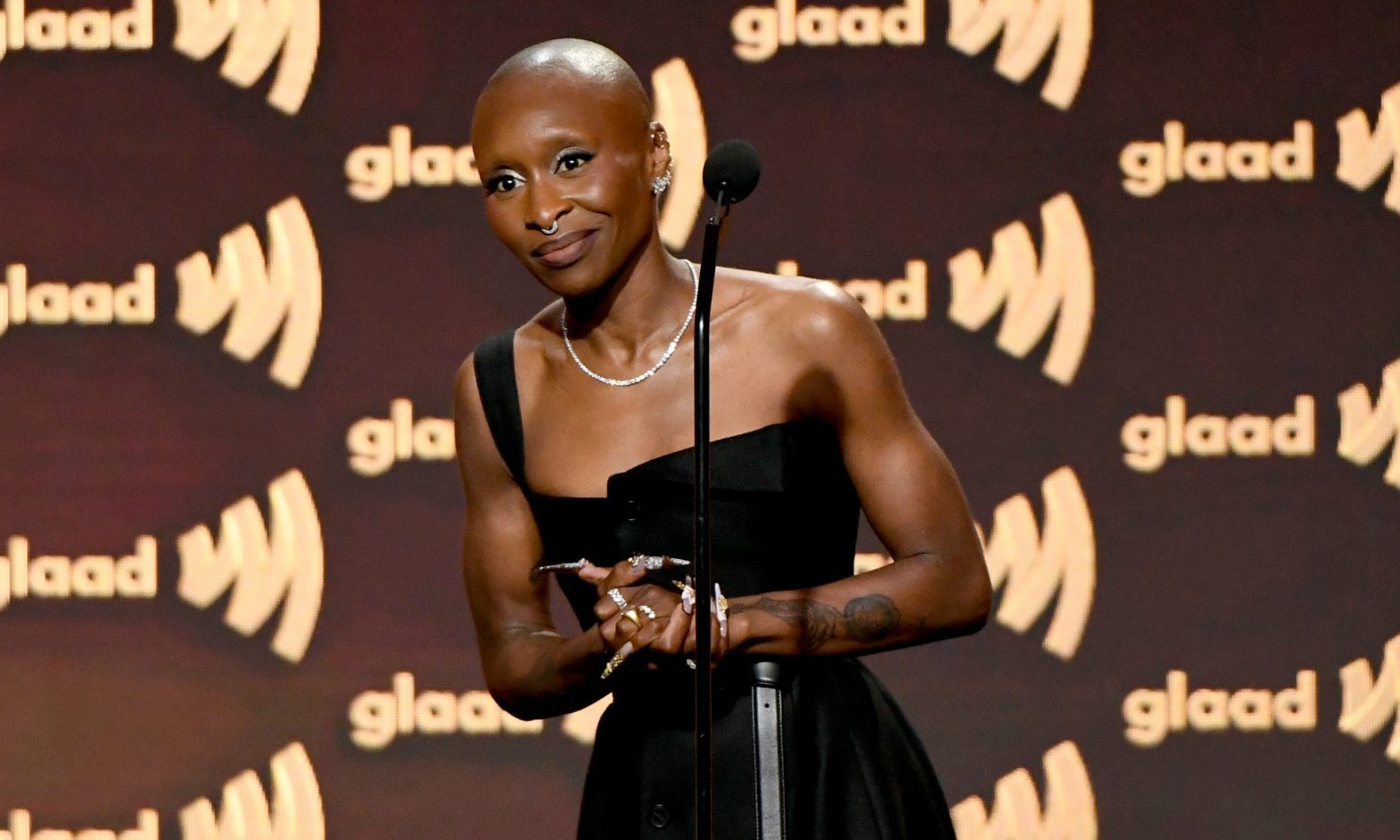Drag icon Laganja Estranja has been candid about her journey as a transgender woman, sharing her personal story and the hurdles she faced growing up.
As a prominent figure in the drag community, the RuPaul’s Drag Race star has found success in various facets of entertainment, but her journey to self-acceptance was not without its struggles. Speaking to Gayety at the GLAAD awards, Estranja opened up about how fear initially held her back from coming out and how the support of her parents, along with organizations like GLAAD, played a pivotal role in her personal and professional growth.
Estranja’s parents, who had already known their child was different from an early age, turned to GLAAD for guidance and support as they navigated how to best be supportive of their queer child. The star stated, “I grew up in Texas where it was hard to have proper access to anything queer,” Estranja revealed. “So my parents turned to GLAAD at a very young age when they realized that I was, let’s just say different, or as my dad would say, special.” She credits GLAAD with helping her parents create a safe space where they could better understand how to support her. “They really helped create a safe space for my parents to go and figure out how to be good parents to a queer child,” she added. This pivotal support laid the foundation for Estranja’s eventual acceptance of her trans identity and the confidence to transition publicly.
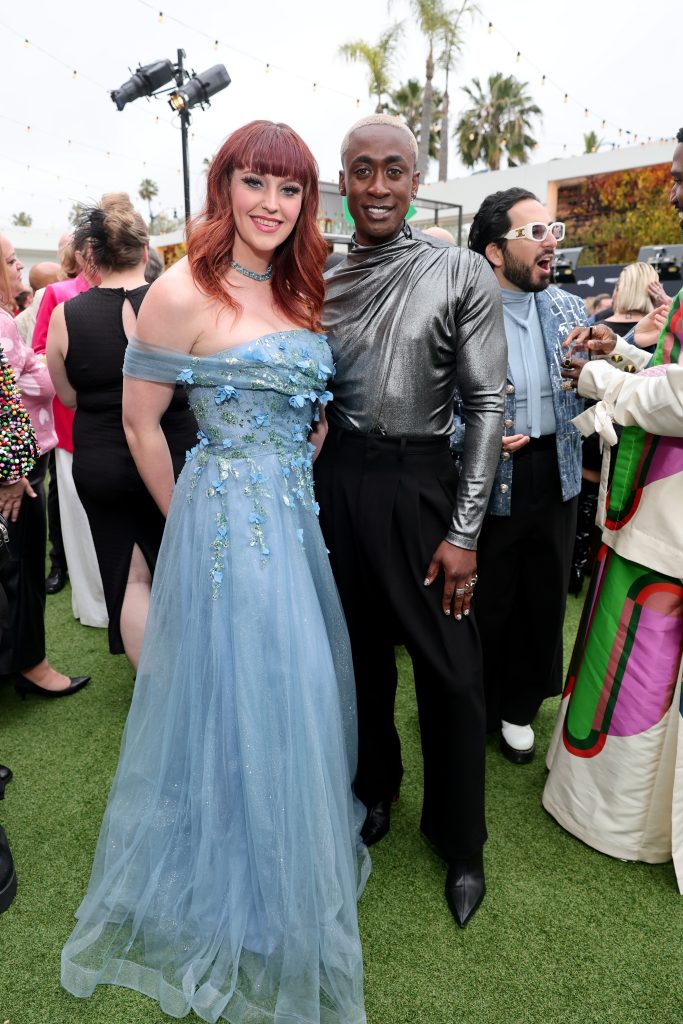
Estranja’s journey toward embracing her trans identity was not an easy one. Despite being a highly visible figure in the drag scene, she kept her identity as a transgender woman largely private for years.
Speaking to Attitude in the past, Estranja admitted to initially struggling with accepting her trans identity. “I didn’t want to accept that I was trans,” she recalled. “I was already such a queer, effeminate man who did drag… I kept my life very separate. I did my drag, and when the gig was over, I would get out of the clothes, out of the makeup, keep my beard, and really try to assimilate to society as a gay male.”
The turning point for Estranja came during the pandemic when she had the time to reflect on her life and identity. She shared that for a long time, she thought, “I’ll wait until my parents die. I can’t put them through this.” But something changed during the lockdown, and she realized that she wanted to be fully known and understood by her parents. “I wanted my parents to know me. I wanted them to see the brave, bold, beautiful child they had raised, who happens to be transgender,” she explained.
Transitioning and Seeking Support
Estranja’s journey continued with guidance from others in the drag community, particularly from fellow RuPaul’s Drag Race alum Kylie Sonique Love, who has been open about her own experiences as a transgender woman. Estranja shared how meeting Sonique Love helped her navigate her own feelings. “When we first met on Mickey’s patio in West Hollywood, I came up to her and said, ‘I think I’m trans. What do I do?’ She gave me the advice just to take it step by step and to take it slow.” This supportive advice, coupled with her own self-reflection, helped Estranja move forward with her transition, which included gender-affirming surgery.
Last year, Estranja underwent breast augmentation and liposuction, procedures she described as “the greatest gift I’ve ever given myself.” However, Estranja is quick to point out that her transition has not been solely physical. “I think a lot of times, as trans women, we’re pushed to get a bunch of surgeries and do a big physical transformation,” she said. “But really, for me, my transition has been much more emotional and much more internal.”
Laganja Estranja’s New Ventures: Drag House Rules and God Save The Queens and More
In addition to her personal journey, Estranja is continuing to carve out new opportunities in the entertainment world. She stars in Drag House Rules, a unique reality competition series that premiered on OUTflix. The show features an eclectic cast, including other drag legends such as Jujubee, Manila Luzon, Silky Nutmeg Ganache, and Tammie Brown. Estranja highlighted what sets Drag House Rules apart from other competition shows. “We’ve never seen anything that is like a competition show but actually scripted, driven by a plot line and a creative story. It’s very unhinged,” she said. “It’s an iconic cast. I mean, you’ve got people from Dragula, you’ve got people from all different seasons of RuPaul’s Drag Race. You’ve got some amazing guest features as well.”
Estranja’s involvement in the series is just one part of her ever-expanding career. She is also featured in the newly released film God Save the Queen, available on Amazon and Apple TV. The movie, which Estranja filmed in 2021, tells a story through different vignettes, all woven together at a therapy retreat. Despite the challenges posed by the pandemic, Estranja found the experience to be fulfilling. “For me, it was so fun because I finally got to do what I love, which is act,” she explained. “It’s been a long-time passion of mine to diversify the content that I’m creating.”




